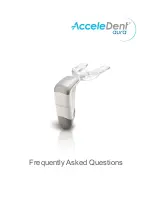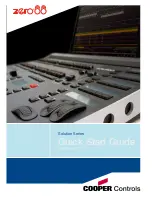
can be in either the Photo Sensor or Wall Switch positions.
5
. Press the test button. The LED heads will turn on to discharge and the LED indicator light will turn off.
READ
AND
FOLLOW
ALL
SAFETY
INSTRUCTIONS
detail manual refer "BATTERY STOCK AND RECHARGE GUIDELINE".
11. Battery have to recharge if product keep in stock over 9 months,
12. We recommend that the equipment be tested regularly in accordance
with local codes. Replace the batteries as needed if discharge time do
not achieve 90 minutes.
1. For normal lighting use, the fixture can be configured for automatic operation by the built in daylight photo
sensor, or can be switched through an external switch. For battery backup models the fixture will illuminate
from the battery power on loss of normal AC, regardless of the photo sensor or wall switch operation.
2. For photo sensor operation, leave the jumper between terminals 1 and 2 and slide the slide switch to the
Photo Sensor position (see Fig. 4 for wiring connections). The photo sensor will turn the fixture on when
the ambient lighting < 10 Lux, and off when the ambient lighting >
30 Lux
.
3. For an external switch: remove the jumper between terminals 1 and 2, connect the switch device between
terminals 1 and 2, and slide the slide switch to the Wall Switch position (see Fig. 5 for wiring connections).
The external switch connections must be fully isolated from any other circuitry.
4. For "
N
ormally Off " standby battery backup operation only: connect the AC power as shown in Fig. 2 or 3
below and remove the jumper between terminals 1 and 2. The slide switch is defeated in this mode so it
Release the test switch,LED indicator will turn on and the LED heads will turn off.
PERSONNEL
service personnel.
10. Where provided, allow battery to charge for 24 hours
prior to first discharge.
Halco Lighting Technologies www.halcolighting.com




















